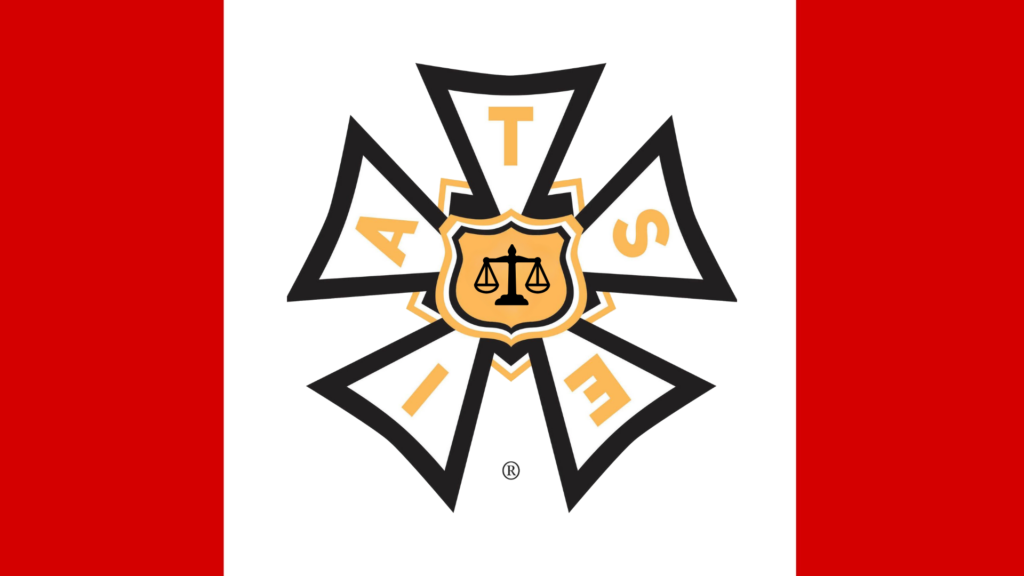- May 25, 2021
- Collective Agreement Interpretation
Date of Award: March 7, 2007
Arbitrator: David C. McPhillips
Summary
In 1995 the British Columbia and Yukon Council of Film Unions (the “Council”) was formed to represent the three unions of the industry. The Council negotiated a Master Agreement with the Alliance of Motion Picture and Television Producers, and the Canadian Film and Television Production Association.
As the Master Agreement was re-negotiated over time, the granting of work permits for non-Union workers was a major issue. The Master Agreement at the time of this case provided for two classes of permits: automatic work permits and discretionary work permits. The Master Agreement also had a clause providing that past practices would be continued in regards to granting permits.
Mounty Productions was the company created by Twentieth Century Fox (the “Employer”) to create the “Fantastic Four 2” movie and was bound to the Master Agreement. The IATSE, Local 669 (the “Union”) represented the camera crew employees of Mounty Productions Ltd.
The Director of the Fantastic Four 2 was good friends with the Norths, a married couple from Los Angeles that worked in film. Because of their friendship, the Director wanted the Norths to produce ten 2 to 3 minutes web-blogs on the Director’s vision of the Fantastic Four 2.
The Employer requested work permits from the Union for two other members of the film crew and the permits were granted. The Employer requested work permits for the Norths, describing their work as “behind the scenes videographers”, and the Union denied the request. The Union had a new Executive Board that thought permits had been granted too readily in the past.
The Union sent an e-mail to members and inquired if there was interest in “behind the scenes videographer” work. The Union received responses and sent six names to the Employer with the request that the Employer conduct interviews of its members. The Employer did not interview any of the suggested members.
The Norths went ahead with the project and filmed the web-blogs in Los Angeles and Vancouver. While in Vancouver, they were paid through a company that paid the crews of film productions in British Columbia but their salaries were reimbursed by the Employer. Mr. North did most of the filming; Ms. North did most of the editing. They did not have regular schedules and filmed around 75 hours of footage, which is considered modest. The web-blogs had nothing to do with the theatrical release, publication, or creation of the film.
Arbitrator McPhillips identified the issue to resolve at arbitration as whether the Norths should have received work permits because there were no Union qualified members available or whether the Union was unreasonable in withholding approval, given the past practice of these parties.
Arbitrator McPhillips determined that the majority of the work done by the Norths was not the work of the Union because there were so many intertwined tasks necessary to the project, such as writing and editing, that went beyond solely filming. Further, he found that since only 4 ½ months of the 12 month project were filmed in Vancouver there were legitimate issues with continuity. The desire to have friends film an intimate project was a rational request on the part of the Employer.
Arbitrator McPhillips concluded that a work permit was required by the Employer for the work of the Norths. The work permit was required because the Employer identified the work as “behind the scenes videographer” which fell under the Union’s jurisdiction. Also, the Employer did request a work permit as had been done in past similar situations. Finally, the method of payment of the Norths, through the same vehicle as the rest of the camera crew, was misleading to Union members.
Additionally, Arbitrator McPhillips determined that the Union had unreasonably denied the work permit request. Since the prior Executive Board would have granted a work permit and the Master Agreement contemplates past practice, the Union cannot unilaterally change its approach.
The Master Agreement provided that when discretionary work permits are granted, some contribution by the Employer to the Union was necessary. Arbitrator McPhillips determined that the appropriate contribution of the Employer to the Union if the Union had granted the Norths’ work permits would have been $7,500.00 which he awarded to the Union’s Skill and Upgrading Fund and 2% of this amount would be remitted to Union dues. This award was fairly low because there was no finding of bad faith on behalf of the employer and the actual amount of filming done by the North’s in Vancouver was miniscule.
Finally, Arbitrator McPhillips found that the Master Agreement created an express obligation on the part of the Employer to interview Union members if requested by the Union. The Employer’s failure to interview any of the Union members that had been suggested by the Union was a breach of a substantive right and therefore $1,000.00 was awarded to the Union.








